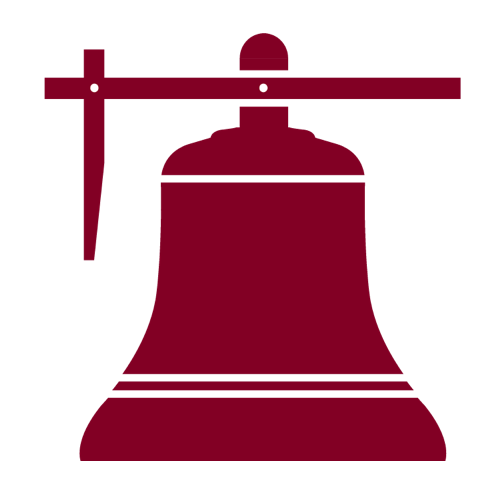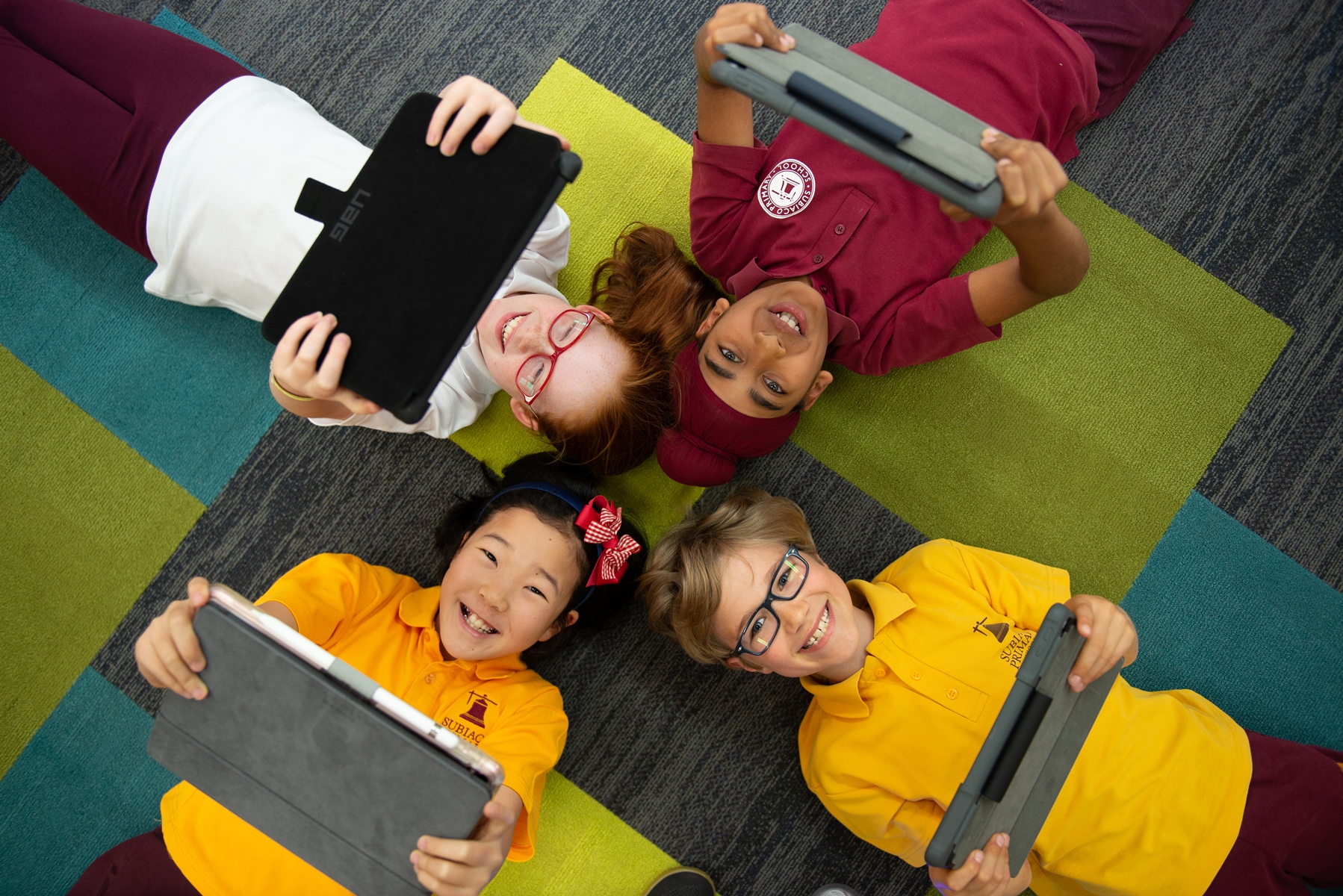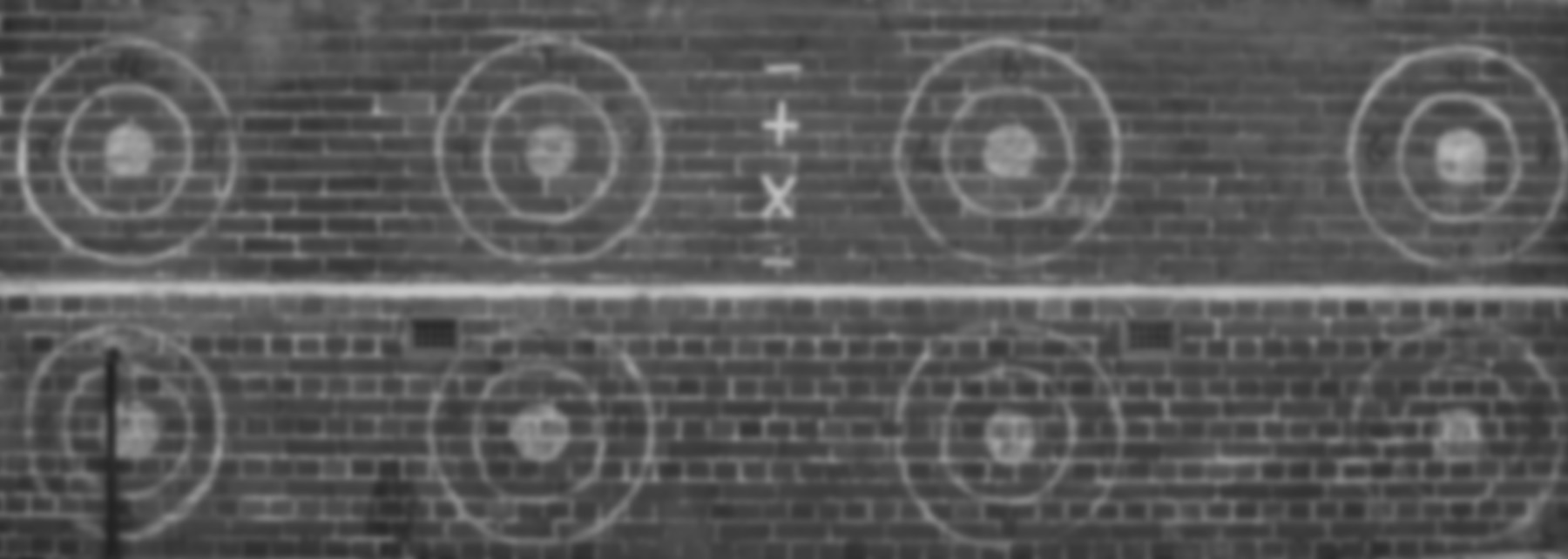All students are offered a well-rounded curriculum based on the Western Australian Curriculum and Assessment Outline Early Years Learning Framework.
There are 8 learning areas; English, Mathematics, Science, Humanities & Social Sciences, The Arts, Technologies, Health & Physical Education and Languages.
Specialist teachers are employed in the areas of:
- Languages – the teaching of French to students in Years 1-6.
- Music – our Music program includes a School of Instrumental Music (SIM) program catering for selected students in Years 3-6 providing instruction in violin, viola, clarinet, flute and brass.
- Physical Education.
- Visual Art.
Operational Plans
Our Operational Plans align with Education Department priorities and Business Plan curriculum areas and highlight whole school curriculum focus areas.
Download the 2022-2023 Operational PlansPathways to Success Strategic Plan
Western Australian Curriculum
 The Pre-primary to Year 10 Western Australian curriculum provides a coherent and comprehensive set of prescribed content and achievement standards which schools will use to plan student learning programs, assess student progress and report to parents.
The Pre-primary to Year 10 Western Australian curriculum provides a coherent and comprehensive set of prescribed content and achievement standards which schools will use to plan student learning programs, assess student progress and report to parents.
The Western Australian curriculum currently encompasses ACARA’s Australian curriculum English, mathematics, science and history.
In addition, year-level syllabuses for Humanities and Social Sciences, Health and Physical Education, Technologies and The Arts have been released for familiarisation.
The Western Australian syllabuses remain broadly consistent with the Australian curriculum but have been contextualised to make them more suitable for Western Australian students and teachers.
The achievement standards for Humanities and Social Sciences (Society and Environment) and Health and Physical Education have now been published. Achievement standards for Technologies, The Arts and Languages will be progressively published during 2016.
Given the phased implementation of the Western Australian curriculum, schools may be teaching some learning areas from the Western Australian curriculum supplemented by learning areas described in the former Western Australian Curriculum Framework.
View the Western Australian Curriculum
Kindergarten Curriculum Guidelines
The Kindergarten Curriculum Guidelines reinforce the themes of the Authority’s Kindergarten and Pre-primary Statement for Western Australia and the Guiding Principles for Western Australian schools outlined in the Western Australian Curriculum and Assessment Outline.
The purpose of these Guidelines is to facilitate the optimal learning and development of Kindergarten children in Western Australia. The Kindergarten Curriculum Guidelines draw on the Early Years Learning Framework (EYLF, Commonwealth of Australia, 2009) to focus on the Kindergarten year in Western Australia.
View the Kindergarten Curriculum Guidelines
School Curriculum & Standards Authority Expected Standards
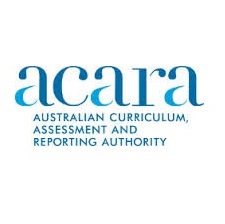 All teachers from Pre-primary (Foundation) to Year 6 follow the Australian Curriculum in the four areas of English, Mathematics, Science and History. Year 1-6 teachers report against the Australian Curriculum Achievement Standards. Achievement standards are comprised of a written description and student work samples. The achievement standard describes the expected achievement for students who have been taught the curriculum content for the full year of schooling.
All teachers from Pre-primary (Foundation) to Year 6 follow the Australian Curriculum in the four areas of English, Mathematics, Science and History. Year 1-6 teachers report against the Australian Curriculum Achievement Standards. Achievement standards are comprised of a written description and student work samples. The achievement standard describes the expected achievement for students who have been taught the curriculum content for the full year of schooling.
All teachers at Subiaco Primary collaborate with year level colleagues to examine student work samples and discuss collaborative assessment tasks to assist in determining allocation of grades for semester reports. Together, the description of the achievement standard and the on line work samples help teachers to make informed judgements about whether students have achieved the standard.
Teachers continue to use a range and variety of assessment information collected throughout the year to determine a final grade for the purpose of reporting to parents. If you have any questions please see your child’s classroom teacher.
Click on the following links to read the Learning Area Achievement Standards in English, Maths, Science, Health & Physical Education, Humanities and Social Sciences, The Arts and Technologies for each year level from Pre-primary to Year 6
Download Achievement on a page – Foundation
Download Achievement on a page – Year 1
Download Achievement on a page – Year 2
Download Achievement on a page – Year 3
Download Achievement on a page – Year 4
Download Achievement on a page – Year 5
Download Achievement on a page – Year 6
Our Values and Beliefs about Teaching and Learning
This document reflects the School’s values and beliefs in respect to numeracy and literacy.
Download the School’s values and beliefs in respect to numeracy and literacy
Mathematics
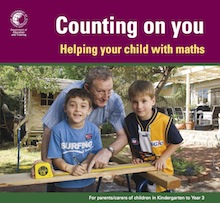 Maths is more than numbers.
Maths is more than numbers.
It also involves shapes, direction, position and measuring.
You can help your child build their confidence and develop strong maths skills by including fun and easy activities into your child’s daily routine. Support from you at home can often make the difference between your child enjoying or being scared of maths at school.
Remember – your child is counting on you and the little ‘lessons’ will really add up!
Discover simple ways to encourage your child’s understanding of maths.
For more information on how you can help your child with maths view the resources described below.
Kindergarten to Year 3: Counting on you
This information is for parents/carers of children from Kindergarten to Year 3 to help them as they discover and learn about maths.
Kindergarten to Year 3: A quick guide to helping your child with math
Support for parents/carers helping their children with learning maths.
Years 4 to 6 – A quick guide to helping your child with math
Discover simple ways to encourage your child with their maths.
These resources have been produced by the Department of Education and can be found on the Schools and You website.
Visit the Department of Education Schools and You website
Reading
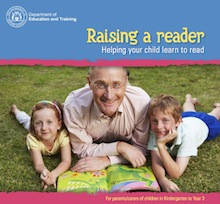 Raising a confident reader.
Raising a confident reader.
Watching your child become a confident reader and sharing the journey with them is a wonderful experience. A large part of our everyday life depends on reading.
Helping your child to read will open their minds to a whole range of topics.
There are many ways you can help your child build their confidence and develop strong reading skills every day. One of the easiest and most valuable things you can do at home is to read to your child and show them how much fun you can have when you read.
Discover simple ways to encourage your child’s reading.
For more information on how you can help your child with reading view the resources described below.
Kindergarten to Year 3 – A quick guide to helping your child with reading
Discover simple ways to encourage your child with their reading.
Kindergarten to Year 3: Raising a reader- Helping your child learn to read
Discover more way you can help your child with their reading.
Years 4 to 6 – A quick guide to helping your child with reading
Discover simple ways to encourage your child with their reading.
Years 4 to 6: Raising a reader continues
Download a copy of Raising a reader continues: Years 4 to 6.
These resources have been produced by the Department of Education and can be found on the Schools and You website.
Visit the Department of Education Schools and You website
Spelling
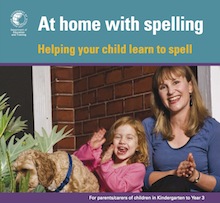 Knowing your A, B, C’s.
Knowing your A, B, C’s.
Children learn about words through experiences such as reading books and seeing words in and around your home and community. As a parent, you play an important role in shaping how your child feels about spelling. You can help your child gain confidence and skills with letters, words and spelling by playing fun games at home.
Discover simple ways to encourage your child with their spelling.
Explore the shapes of letters, and the sounds and words they make with some fun activities for you and your child in the quick guides described below.
Kindergarten to Year 3 – A quick guide to helping your child with writing and spelling
Discover simple ways to encourage your child with their writing and spelling.
Kindergarten to Year 3: At home with spelling – Helping your child learn to spell
Discover little ways you can help your child with their spelling.
These resources have been produced by the Department of Education and can be found on the Schools and You website.
Visit the Department of Education Schools and You website
Science
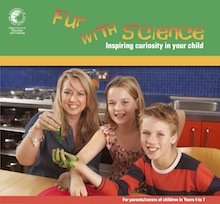 For more information on how you can help your child with science view the resources described below.
For more information on how you can help your child with science view the resources described below.
Exploring STEM at home K-2
This booklet has activities you can do at home with your children to support their learning in STEM (Science, Technology, Engineering and Maths)
Fun with science Years 4 to 6 Inspiring curiosity in your child
For parents/carers of children in Years 4 to 6. Learn with your child and find out the answers. This booklet has ideas about how to help your child become interested in science and how things happen. It also has some easy and fun experiments to spark the whole family’s interest in science.
These resources have been produced by the Department of Education and can be found on the Schools and You website.
Visit the Department of Education Schools and You website
Transition
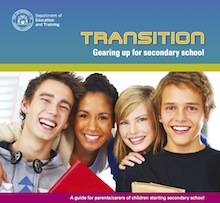 For more information on how you can help your child transition to high-school view the resources described below.
For more information on how you can help your child transition to high-school view the resources described below.
Transition – gearing up for secondary school
Gearing up for secondary school – transition from primary school. This booklet is intended to support parents as they help their child prepare for the changes that come with moving from a primary school environment to secondary school. The booklet includes answers to frequently asked questions and suggestions on issues such as making friends, achieving a balanced lifestyle and more.
These resources have been produced by the Department of Education and can be found on the Schools and You website.
Visit the Department of Education Schools and You website